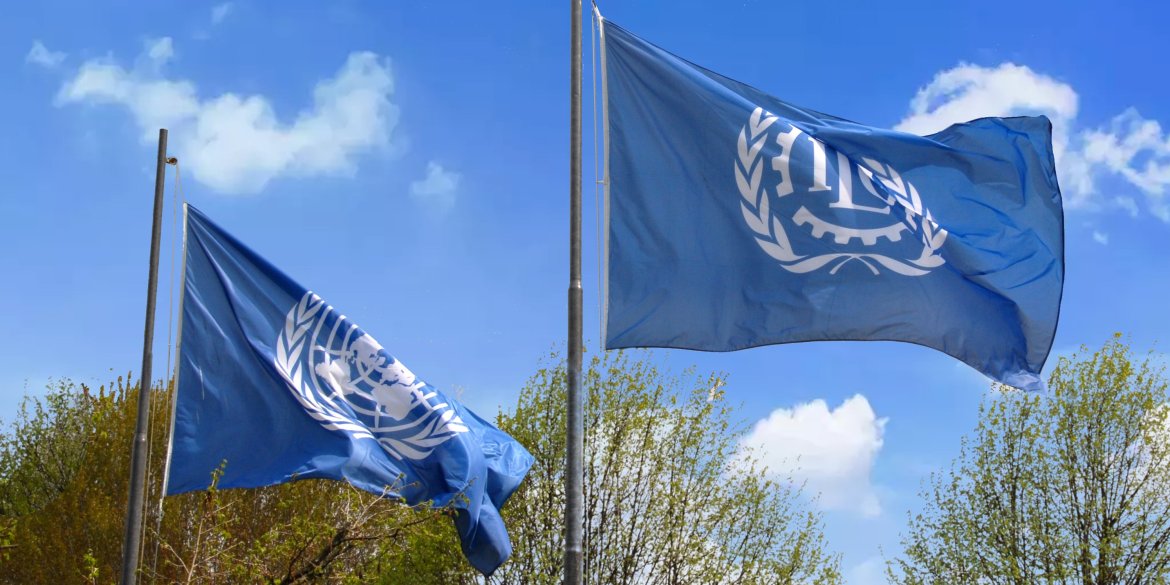Effective Project Management Certification Programme

Photo © Adobe Stock/Standret
Effective Project Management Certification Programme
8 juin–24 juillet 2026
Le cours est disponible en English
Présentation du cours
Every project is an opportunity to create impact - but only if you know how to guide it with clarity, agility and vision. The ability to manage with confidence and flexibility, applying both traditional approaches and agile or adaptive methods, has become a key professional competence. This is even more true today, when resources are scarce, when we need to adjust rapidly to changing contexts, and when we must be ready to proactively address the challenges ahead. In this course, we take you through techniques that have stood the test of time - such as time scheduling with Gantt charts or leading your teams - as well as more recent approaches like agile and Scrum management. You will also explore the evolving world of Artificial Intelligence: what it can offer, where its limits lie, and how to use it responsibly to support your work. Throughout the programme, we ask: what makes a project complex? What makes it simple? And how can we manage both effectively? For those needing to specialize in project management in changing and complex contexts, we offer this online certification programme to provide the knowledge, technical skills and tools required to enable agile, adaptive and effective project implementation.
Groupes cibles
This course is designed for project managers, project implementation staff and chief technical advisers (CTAs), as well as professionals aspiring to these roles. We cater for projects funded by traditional donors, international financial institutions (IFIs) and innovative funding mechanisms with private or philanthropic funding for instance. Projects include those implemented through international organizations, governments or governmental agencies, and international or national NGOs. Participants are expected to be currently involved in the management or oversight of such projects, or to possess previous knowledge or work experience in project management.
What will I learn?
- A body of knowledge on the theories and approaches used to manage projects, including in contexts of uncertainty and in complex social systems
- Parameters for deciding how to organise project management (agile, hybrid or predictive models) tailored to the context and its stakeholders
- Methodologies and approaches to plan, monitor, report and control project implementation
- Soft skills to engage the project team and manage stakeholders’ expectations and contributions
- Communication strategies to foster cooperation among project actors, facilitate remote work, enhance project visibility and report on results
- Basics of AI and what it can responsibly offer to support your work as a project manager in a transparent and ethical manner
What topics does this course cover?
- Establishing a common ground on the basics of Project Cycle Management
- Operational project planning
- Settings of complexity
- Agile and adaptive project management approaches and techniques
- Project governance structures, from traditional functional to remote models
- Stakeholder engagement, leadership, team management and communication
- Risk management, procurement management and financial management
- Monitoring, control and reporting, including remotely and with new technologies
- Artificial Intelligence: opportunities and limits — including those we should set for ourselves — and the tools and techniques that can help us work more efficiently and effectively
What will I be able to do?
- Review your own project’s theory of change
- Assess the complexity of your project setting
- Map your stakeholder network and plan for communication
- Design a project governance structure that is fit for purpose and aligned with its institutional context
- Design an operational plan
- Try out and assess agile planning and monitoring techniques
- Assess and plan the management of your project’s risks
- Plan the monitoring, reporting and control functions of your project
- Use AI tools to enhance the efficiency and quality of your planning and implementation processes
Why should I join?
This certification programme is delivered in a blended learning format, combining distance learning with an in-person learning experience. It includes an online phase followed by a one-week workshop in Turin at the United Nations Campus, as part of the 2026 Development Cooperation Academy.

For more information on the Academy please click on the following link
After the workshop, participants complete a final project with remote expert support before receiving their certification.
The programme represents approximately 70 hours of learning over seven weeks and is designed to be practical and manageable alongside professional commitments.
You should join this training since:
- Project management skills are essential for development professionals.
- Integrating classical management methodologies with the latest agile and adaptive techniques is the best approach to maximize success.
- Participants receive a professional certificate attesting to their project management skills.
- The programme is designed and delivered by project management experts and practitioners.
- Participatory activities include self-guided modules, an online forum, practical assignments, coaching and tutoring.
- Participants receive permanent access to the Project Management Toolkit.
What certification will I get as a successful candidate?
Upon successful completion of the Academy, participants receive a Certificate of Achievement in their chosen discipline.
This certificate shows that you have fulfilled all assignments, knowledge tests and other prerequisites to a minimum standard.
The complete effort amounts to 70 hours of learning.
The certificate is a digital certificate which is protected by block-chain technology and can be displayed on social media.
Diploma
The certifications form part of the ITCILO Diploma for Development Cooperation Specialists:


